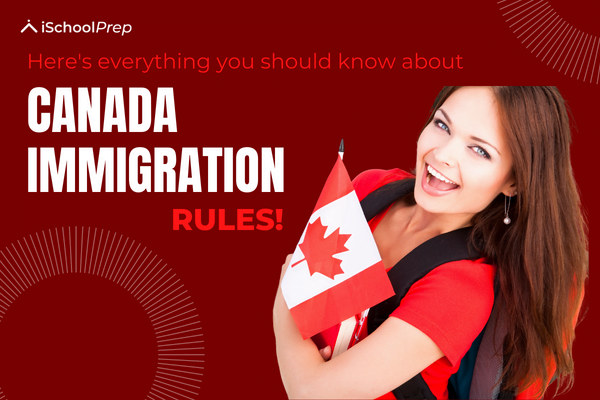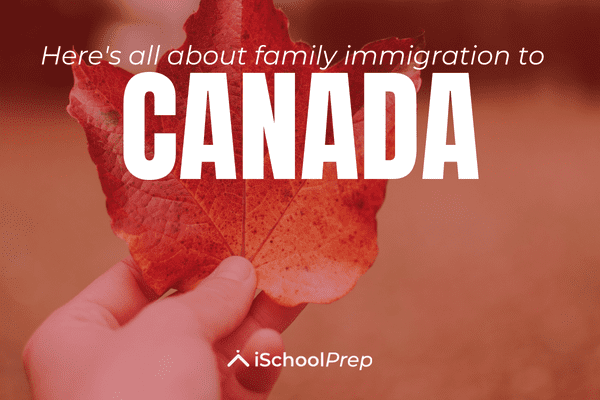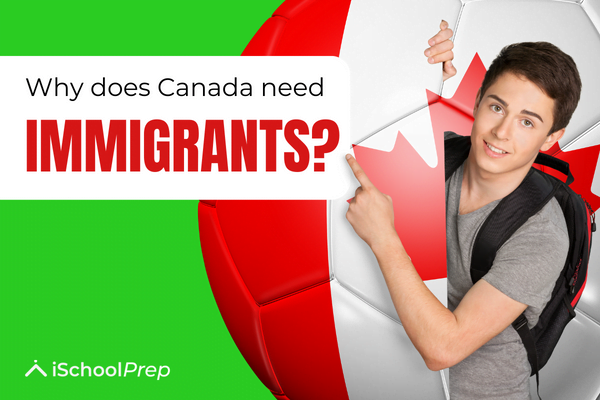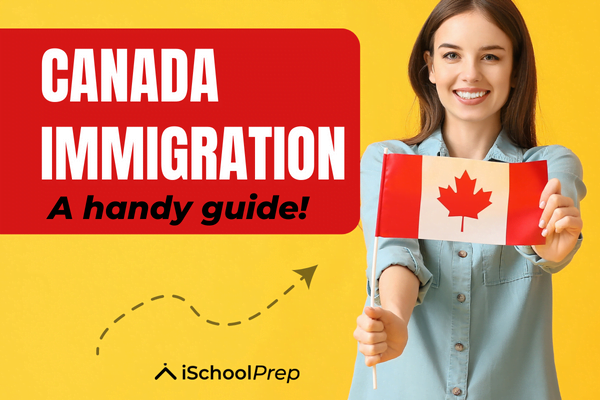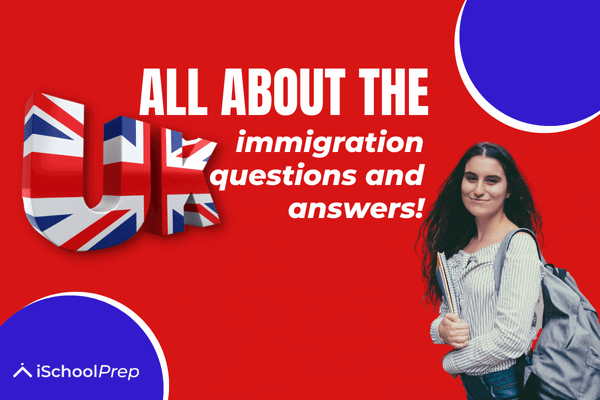Table of Contents
Canada immigration rules | An overview
As a foreign national, it becomes important to learn about Canada immigration rules to stay safe and legal in Canada. These regulations are among the most important components of legislation that incorporate Canada’s Immigration Act. They are regularly revised, and all modifications are listed in the immigration rules.
Canada immigration pathways | Details
There are several different ways to immigrate to Canada, each with its benefits and requirements. Here’s a list of common pathways used by those immigrating to Canada–
- The Express Entry program allows applicants to apply for permanent residency in Canada in a streamlined and expedited manner. The factors of age, education, work experience, and linguistic proficiency all factor into a total score.
- The Canadian Immigration Family Sponsorship pathway allows those with a Canadian citizen or permanent resident relative to immigrate to Canada. In Canada, you need a sponsor who can provide for your needs financially. Sponsorship by Canadians is available to spouses, children, parents, and grandparents.
- You can speed up your application for Canadian residency by participating in the Provincial Nominee Program (PNP). The PNP is unique to each province. So, checking if the province’s priorities in a given industry align with your own is important.
- Points are awarded for factors such as age, education, work experience, and language ability in the Federal Skilled Worker Program. Professionals with international experience are sought.
- Points are earned in the Federal Skilled Trades Program based on age, education, work experience, and language proficiency. This position requires previous experience in a skilled trade.
- The Québec Selected Skilled Workers program is separate from the federal programs mentioned above. It uses a point system as well. Québec, on the other hand, has its requirements, one of which is being able to communicate effectively in French.
Immigrant admission category
- Economic immigrant
This group includes immigrants selected for their ability to contribute to Canada’s economy by meeting labor market needs, owning and managing a business, making a major investment, creating jobs, or meeting local or territorial labor market needs.
- Family-sponsored immigrant
This category covers immigrants sponsored by a Canadian citizen or permanent resident and awarded permanent resident status as a husband, partner, parent, grandparent, kid, or other related. It is sometimes called “family reunification”.
- Refugee
Immigrants with a legitimate fear of returning home are awarded permanent residence status in this category. This category contains Geneva Convention refugees and people personally impacted by civil war, armed conflict, or a massive human rights violation.
- Other immigrants
This category comprises immigrants granted permanent resident status by a program other than economic, familial, or refugee.

Canada immigration rules | Clear overview
- Immigration rules for visitors
Every year, millions of people visit Canada to visit friends and family, travel, study, and more. Canada, like all nations, has security protocols to protect its citizens. Canada tracks visitors with six- to 10-year visitor visas. A visitor’s or temporary resident visa allows a foreign national to enter and stay in Canada legally. Transiting Canada by bus, plane, train, cruise, or boat may require a visitor visa.
Two visitor visa categories exist-
1. Six-month single-entry visa.
2. Multiple entry visas are valid for ten years or a month before the passport expiration date.
- Immigration rules for students
Foreigners can study at Canadian DLIs with a study permit. Apply with all required documents. Study permits are not visas. A visitor visa or eTA may be required. With your study permit, they’ll give you one.
- Immigration rules for spouses
Canadian citizens and permanent residents can sponsor their partners to live permanently in Canada through spousal sponsorship. Canada values family. Spousal sponsorship applications are prioritized. If you are a Canadian citizen or permanent resident and meet the following requirements, you may sponsor your spouse, conjugal partner, or common-law partner.
- Immigration rules for work permits
TFWP, operated by Canada Immigration and Citizenship, issues Canada work permits. High-skilled, low-skilled, seasonal agricultural laborers and live-in carers make up the TFWP. In exceptional cases, you might apply for a work visa without a job offer.
The most frequent way to apply for a Canadian work visa is to file for a Labour Market Impact Assessment (LMIA) with Employment and Social Development Canada (ESDC).
Key takeaways
- Applicants now have access to additional routes that could lead them to work, study, or live in Canada due to recent immigration reforms.
- Different immigration channels have different requirements.
- As this is a difficult process that requires careful decision-making, you should talk to an immigration specialist.
Like this blog? Also, read- The list of top countries accepting IELTS.
FAQs
Question 1: How can I learn about the different immigration requirements for Canada?
Answer: Canada Visas and Immigration official website can be your source of information.
Question 2: Can I work in Canada with a Visitor Visa?
Answer: You cannot work in Canada on a visitor visa.
Question 3: How is COVID-19 affecting applications to visit, work or study in Canada?
Answer: To control COVID-19, Canada has imposed certain travel restrictions (coronavirus disease). Health authorities also set movement restrictions. Thus, making Canada visit visa applications more complicated. Thus, only eligible travelers can visit Canada.
